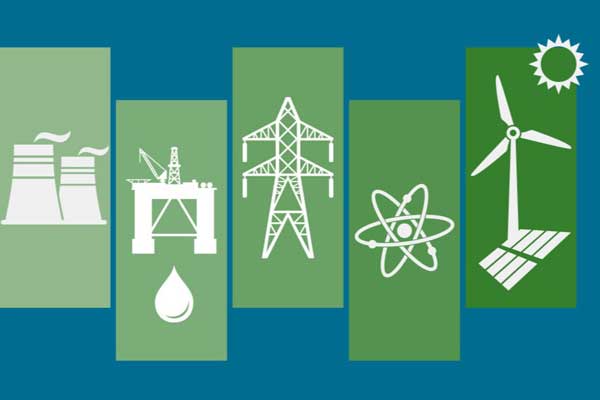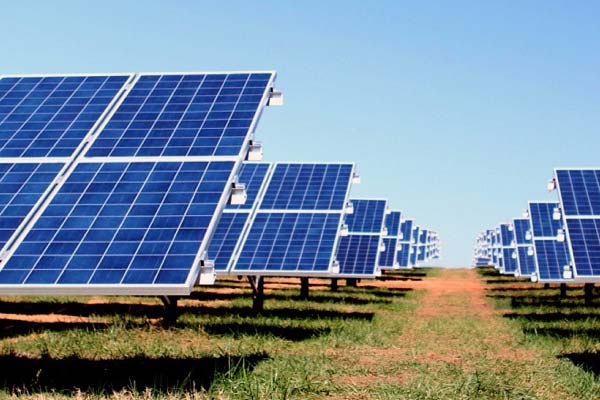This shift is disruptive, but it brings tremendous opportunities for investors who recognise the long-term potential of renewable energy and related infrastructure. This post explores why energy transition matters and how investors can play a pivotal role in this historic shift.
The Growing Role of Renewable Energy
In recent years, renewable energy sources have made significant strides in replacing fossil fuels in the global energy mix. For instance, the UK achieved a major milestone in 2022 by going a full week without using coal for power generation—a feat not seen since 1882. Clean energy, including solar and wind, is becoming a viable and cost-effective alternative to traditional fuels like coal, oil, and gas.
However, renewables still account for a small fraction of global energy production. This must change substantially if we are to meet critical climate targets such as the Paris Agreement, which aims to limit global temperature rises to below 2°C. The rapid transition to renewable energy is not just necessary; it’s inevitable.
Learning from History: Previous Energy Transitions
Historically, energy transitions have been slow but transformative. The world first moved from biofuels like wood to coal in the 19th century and later to oil and gas in the 20th century. These shifts powered the Industrial Revolution and the modern economy, bringing widespread societal changes.
While previous energy transitions took decades to fully materialise—about 70 years for coal and 50 years for oil and gas—the transition to renewable energy is expected to happen much faster, likely within 30 years. The accelerated pace is driven by the urgent need to address climate change, with government policies actively supporting the adoption of renewables.
The Infrastructure Challenge in the Energy Transition
The transition to renewable energy is about much more than just switching power sources. Significant infrastructure changes are required to enable the widespread adoption of clean energy technologies.
- Energy Storage Solutions: Wind and solar energy are variable by nature—they produce power when conditions are favourable, but this power must be stored for future use. Investments in energy storage technologies are crucial to make renewable energy reliable and sustainable.
- Transmission and Distribution Upgrades: As the demand for electricity increases, investments in modernising transmission and distribution networks will be essential. Existing grids must be upgraded to handle the higher loads brought on by renewable energy and the shift away from fossil fuels.
- Electric Vehicle (EV) Infrastructure: The rise of electric vehicles is a key part of the energy transition. To support this growing trend, there is a pressing need for large-scale investments in EV charging stations and infrastructure that can accommodate the increasing demand for electric transport.
The Role of Technology in Energy Efficiency
Another critical aspect of the energy transition is improving the efficiency of the entire system. Technological innovations will play a major role in driving this efficiency—whether it’s through advanced energy storage, smart grids, or efficient transmission lines.
Investments in energy-efficient technologies not only help reduce operational costs but also enable smoother integration of renewable energy into everyday life. As the energy transition gathers pace, technological advancements will continue to shape how energy is generated, distributed, and consumed.
Investment Opportunities in the Energy Transition
The energy transition presents a wealth of opportunities for investors, particularly in sectors like renewable energy, energy storage, infrastructure, and electric vehicles. With the global economy moving away from fossil fuels, capital allocation will increasingly shift toward sustainable and innovative energy solutions.
- Renewable Energy Projects: Investing in renewable energy projects such as wind and solar farms offers high growth potential as the world looks to decarbonise its power generation.
- Energy Infrastructure: Supporting the development of modern energy storage and transmission infrastructure is crucial to enabling the widespread adoption of renewables.
- Technological Innovations: Startups and established companies that develop energy-efficient technologies and EV infrastructure are poised for significant growth, making them attractive investment options.
A Future Powered by Renewables
The energy transition is a critical step toward building a sustainable future. While disruptive, it presents vast growth opportunities, particularly for those willing to invest in renewable energy, infrastructure, and innovative technologies. Investors who embrace the shift to a greener economy will be well-positioned to drive positive change while benefiting from the transformative power of the energy transition.
The time to act is now, as this rapid shift promises to reshape not only the energy sector but also the global economy at large.



